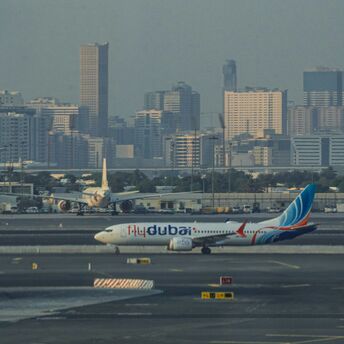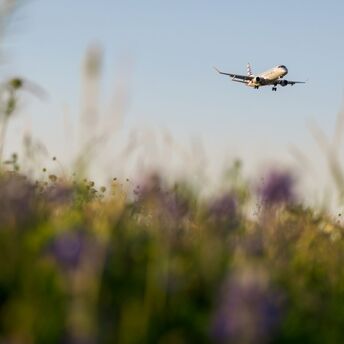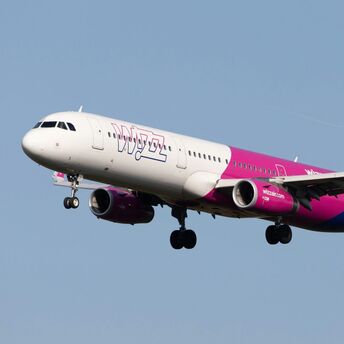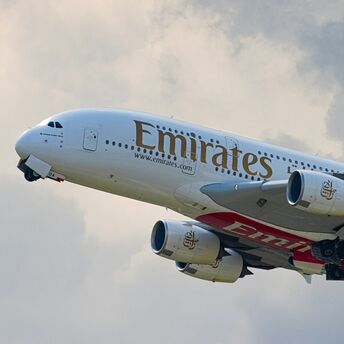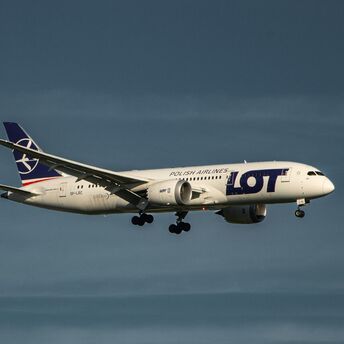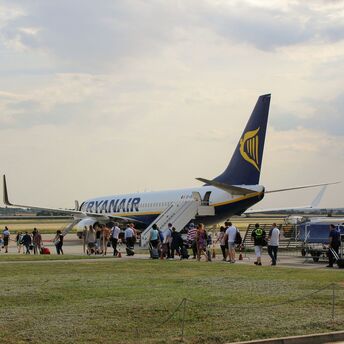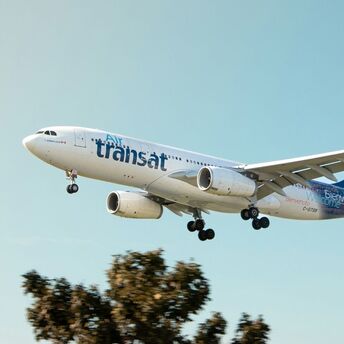Airbus Vs Boeing: At Which World Airports Does Each Plane Maker Dominate?
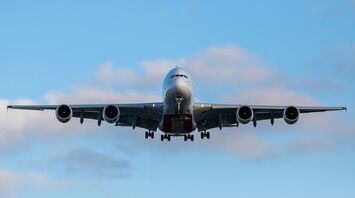
Even those with little aviation interest know that Airbus and Boeing aircraft dominate the skies. An analysis of all July services using Cirium data reveals that these two manufacturers account for 78% of all passenger flights. This dominance has grown significantly over the past two decades, driven by the increased demand for air travel and the decline or extinction of other manufacturers. In 2004, Airbus and Boeing operated half of all flights, which increased to 65% by 2014.
A Summary of Use
Before exploring the busiest airports for Airbus and Boeing aircraft, it's essential to understand how each manufacturer’s presence compares in terms of services and network:
- Airbus: Approximately 46,000 daily flights.
- Boeing: Approximately 38,000 daily flights.
Interestingly, while Airbus leads in the number of services on a continental level, Boeing leads at the country level.
Top Five Airports for Airbus Aircraft
Globally, over 1,730 airports see Airbus aircraft in July. The five busiest airports for Airbus departures are:
- Istanbul Airport (IST): Turkish Airlines significantly contributes to the airport's average of 444 daily Airbus services. Turkish Airlines operates about 351 of these flights using models such as the A319, A320ceo, A321ceo/neo, A330-200, A330-300, and A350-900.
- Paris Charles de Gaulle (CDG)
- Frankfurt Airport (FRA)
- Barcelona El Prat Airport (BCN)
- Munich Airport (MUC)
Turkish Airlines' dominance at Istanbul highlights its expansive network, flying to 232 airports globally with its Airbus fleet.
Top Five Airports for Boeing Aircraft
The scenario is different for Boeing, with three of the top five airports located in the US. The busiest airports for Boeing departures are:
- Hartsfield-Jackson Atlanta International Airport (ATL): With an average of 655 daily Boeing departures, Atlanta is the world's busiest airport, Delta's largest hub, and a significant base for Boeing aircraft.
- Chicago O'Hare International Airport (ORD)
- Los Angeles International Airport (LAX)
- Tokyo Haneda Airport (HND): Haneda stands out as the only Asian airport on the list. It features a significant number of widebody Boeing flights, heavily influenced by twin-aisle domestic services. Haneda remains the world’s top widebody airport due to its proximity to downtown Tokyo.
- Dallas/Fort Worth International Airport (DFW)
These airports' extensive Boeing operations reflect the aircraft's widespread use in the US and the strategic importance of these hubs.
In Conclusion
Airbus and Boeing's dominance in global aviation is evident in their presence at major airports worldwide. While Airbus leads in the number of services at a continental level, Boeing's influence is more pronounced at specific airports, especially in the US. The differences in their top airports highlight the varied strategies and strengths of these two aerospace giants.



